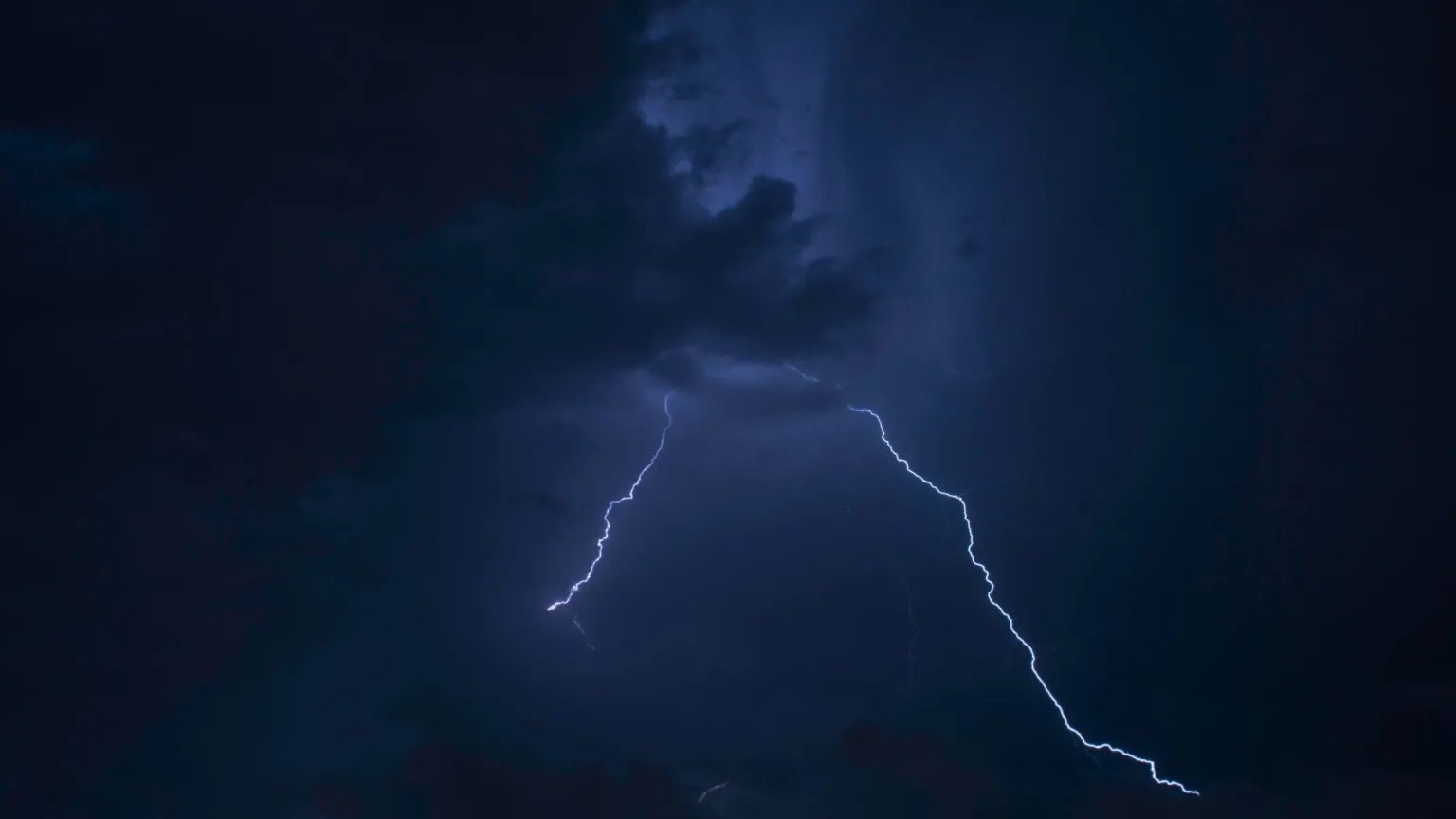60 for 60: Numen
By Matthew Gonzalez
I was at a loss for words when I first read Gonzalo Rojas’s “Numen.” I couldn’t find any solid ground in the distance between the images he uses. After a dive into the body of Spanish-language criticism of Rojas, it’s my position that to evade meaning is the meaning of “Numen.” I say this knowing that the brain is always making meaning, even where there seems to be none. This poem gives me mondegreen vibes: you don’t need to understand the lyrics of Cesária Évora’s “Sodade” to perceive the longing in her voice. “Numen” is like the poetry of the mondegreen. The poem itself feels like a bet: that every other aspect of a poem besides clarity is enough to convince a reader to spend time with it. Adding to the odds, the version of “Numen” we are presented with here has been translated from the original by poet Ben Belitt.
It turns out Rojas implicitly understood this challenge. Having been associated with the tradition of creationism, his poetry professed an openness to translation in its DNA. Creationism was a set of values he had inherited from the earlier Chilean poet, Vicente Huidobro. One of the tenets of creationism is the idea of universal translatability. Huidobro, the creator of the creationists, believed that a new poem creates an hecho nuevo, which is sometimes translated as a “new fact.” I take the new fact to be more like a “new thing created,” which is perhaps more cumbersome. To Huidobro, the creation and newness of a poem is found in the interrelation of its images, that the linguistic and sonic elements of poetry are not the new thing created—the linguistic elements of a poem cannot be translated, but they are only incidental to what a poem really is.
In spirit, however, Rojas was not fully committed to the values of creationism. Because of his childhood stutter, language was never an invisible entity to Rojas in the way that it was to the creationists. Legend has it that, one night, Rojas and his brother were hiding out from a heavy storm under a tin roof when a bolt of lightning broke out overhead, and his brother cried out, re-lám-pa-go! To Rojas, the stuttering and rolling rhythm of a lightning bolt was captured in its Spanish word. This inspired a stuttering Rojas to write poetry—his way of overcoming his difficulties with language. Not only that, but the fated lightning bolt revealed to Rojas the existence of a spiritual affinity between language and reality.
Thus, “Numen,” the poem and the word, is Rojas’s conception of a voice that balances this universal trouble with language: that, when words are flowing and bountiful, they are like his “grapes,” fed to us confidently from the vine. Other times, when words do not present themselves to us as easily, it is like walking over an abyss that, to Rojas, resembles silence. Rojas’s stutter was his early physical relationship to language. His sublime experience of language in the lightning bolt left a spiritual impression on his linguistic self. In the opening line of “Numen,” Rojas conveys the creationistic power of language, echoing not only the Book of Genesis, but also Huidobro, who wrote that “the poet is a little god.” The poetic voice is a spiritual breath, both inspiration and creation.
Rojas expresses silence with the tools of the creationists, through the mysterious, incongruent imagery of “Numen.” In Spanish, Rojas calls this silence el inhablable, which also feels like an onomatopoeia of “bla bla,” translated into English as, “blah blah.” This is a type of babbling silence, perhaps similar to nonsense, and nonsense seems like the animating breath of the mondegreen, which is to attribute meaning where none is available. The dynamic of the nonsense and mondegreen seems to be symptoms of our human drive toward the spiritual. It is natural to have a yearning to find larger meaning to things. Perhaps continuing a version of Rojas’s creationism, Edward Hirsch writes, “The spiritual life wants articulation—it wants embodiment in language.” With Rojas’s mystifying poem, it feels as if Rojas has embodied the human search for the spiritual in a refreshingly relatable, unsteady breath.

